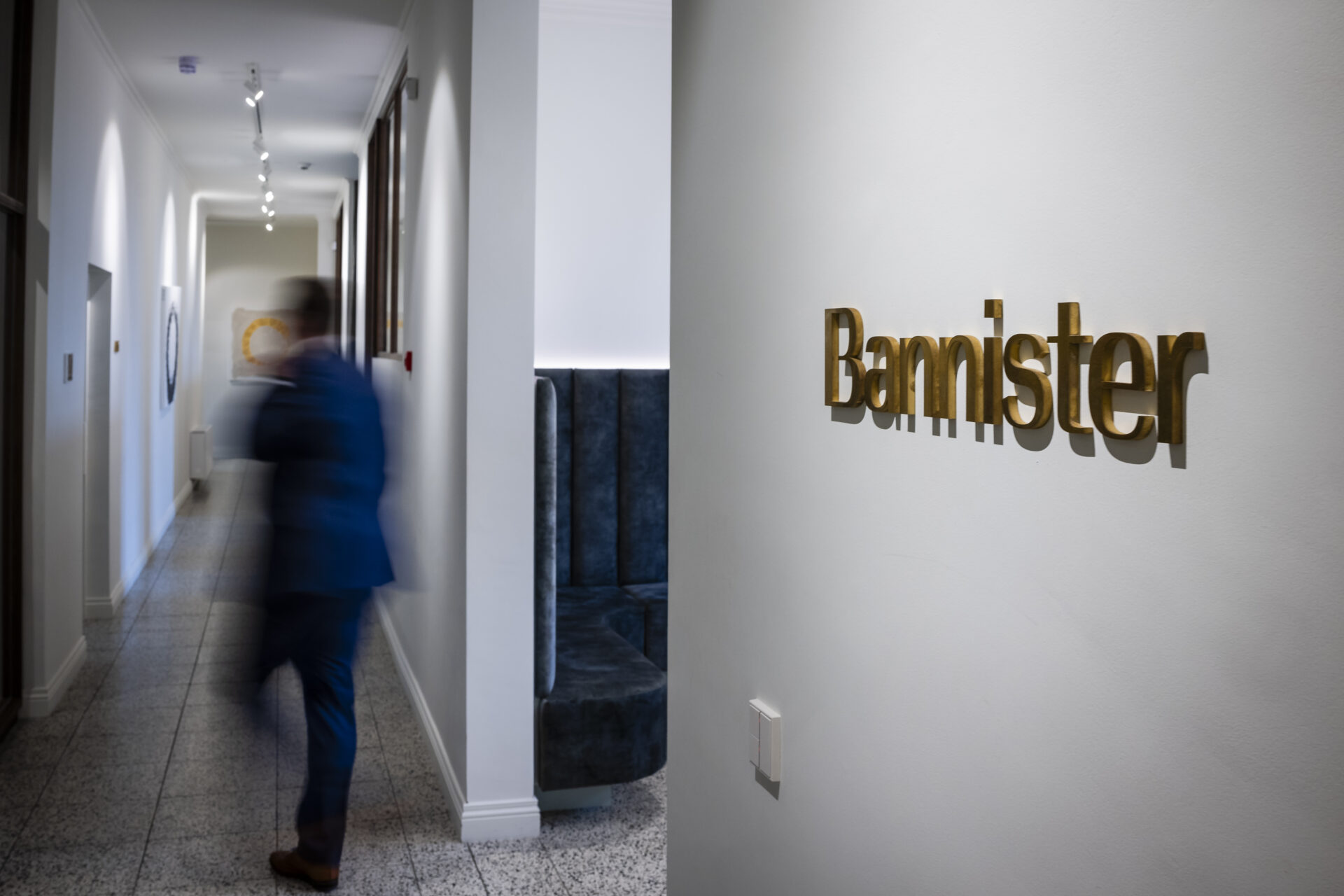Methodology

Invitation to interrogation
With his extensive experience in criminal law, Jorgen Van Laer was a trainer at the Bar Association responsible for training on assistance in interrogation. He is happy to pass on this expertise to his motivated team in criminal law. Every vice lawyer holds the Supralat - Salduz training certificate. Bannister lawyers is highly specialised in assistance in interrogation and subsequent criminal defence.
Suppose you receive an invitation for questioning. You are asked to present yourself to the police on a specific date to make a statement. As an attachment to your invitation to interrogation, you will find a statement of your rights, pointing out that you are entitled to the assistance of a lawyer during your interrogation.
Often, with this, you do not know where you stand. How serious is the case? What are the police allowed to do and what not? What are you entitled to?
It is particularly important to be properly assisted and protected from the early stages of criminal proceedings. Your role in the process starts (after all) at the moment of interrogation. During interrogation, it is the lawyer's job to defend your rights and actively intervene where necessary. Care must also be taken (ensured) that no mistakes are made that could later have very serious consequences in the criminal proceedings. Proper preparation is therefore extremely important both before, during and after the interrogation.
Subpoenaed
Upon receipt of the summons, you may inspect the entire criminal file that is ready for you at the registry. On the basis of the inspection, your defence should be prepared. First of all, it will have to be ascertained whether or not the facts have been proven against you. Is there room for contesting the case? In vice cases, there may be a situation where your version of the facts differs from the alleged victim's story. Sometimes, you may be falsely accused of a sexual offence. In case of a false report, it is very important that you immediately engage a specialised lawyer so that the situation does not escalate. We will do everything possible to bring out the truth and bring this nightmare to a halt as soon as possible. Any unreliable and/or implausible statement should be excluded from the debates. Possibly after questioning this person in court, where he or she can be questioned about the veracity of the statement made. In case of doubt about your guilt, you should be acquitted. Moreover, making a false report is punishable. We will gladly review with you the options to take legal action in order to obtain compensation for the damages incurred. After all, the impact of a false accusation on your life should not and cannot be underestimated.
Even if you do not deny the facts, it is very important to make you specialised. The judge will have to attach a criminal consequence to the facts you are found guilty of. To minimise the consequences, we will work together on a comprehensive and underpinned rehabilitation and probation plan that can be submitted to the judge. As specialists in vice cases, we are familiar with recognised institutions offering mental health treatment and therapy. The judge should be convinced of your good intentions and the risk of committing new offences in the future should be removed.
Resistance
You were not aware that you had to answer to the court. There was a force majeure situation that kept you absent from the hearing. You were convicted in absentia. It is possible to lodge an objection within a period of 15 days after service of the judgement, or 15 days after learning of the judgement. The opposition must be lodged by a judicial officer. If the opposition is filed in time and declared admissible, the case will be resumed.
If the opposition is timely filed and declared admissible, the case will be resumed. Your case will be heard in your presence this time. This will give you the opportunity to defend yourself, present legal arguments, explain your personal situation. You cannot be sentenced to a heavier sentence on opposition. Be sure to contact us to find out whether you can file an opposition. If an opposition cannot be lodged, an appeal may still be possible.
Cassation appeal
You were not aware that you had to answer to the court. There was a force majeure situation that kept you absent from the hearing. You were convicted in absentia. It is possible to lodge an objection within a period of 15 days after service of the judgement, or 15 days after learning of the judgement. The opposition must be lodged by a judicial officer. If the opposition is filed in time and declared admissible, the case will be resumed.
If the opposition is timely filed and declared admissible, the case will be resumed. Your case will be heard in your presence this time. This will give you the opportunity to defend yourself, present legal arguments, explain your personal situation. You cannot be sentenced to a heavier sentence on opposition. Be sure to contact us to find out whether you can file an opposition. If an opposition cannot be lodged, an appeal may still be possible.
Appeal
You were sentenced and you disagree with the decision. It is possible to lodge an appeal within 30 days of the verdict. The appeal is filed by a statement at the registry of the correctional court. A grievance form should also be filed, setting out the criticism of the verdict.
Please note, you will not receive a letter with the date when there will be a verdict. You will only be informed of this at the time the case is argued. If the appeal is filed in time and the grievance form is filed correctly, the case will be heard again before a higher court. Be sure to contact us to find out if you can file an appeal.
